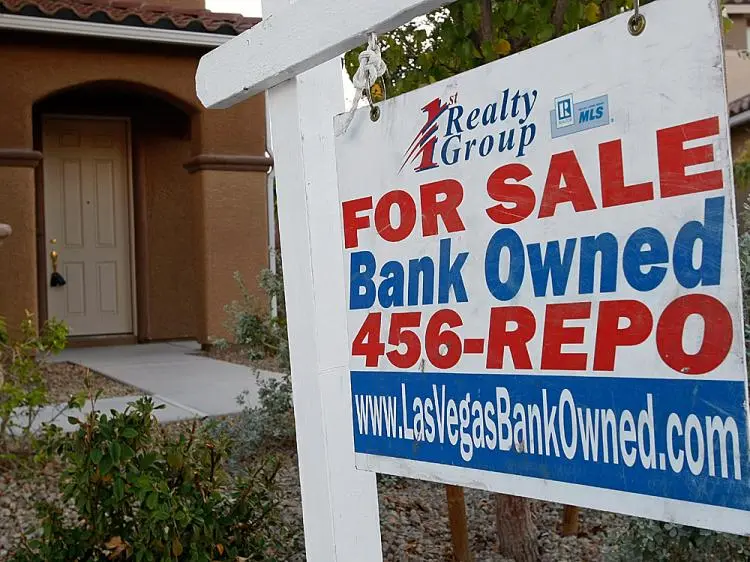The O’Keefe Media Group filed a lawsuit against Hawaii’s Democrat Governor Josh Green and the County of Maui for prohibiting taking pictures on public land.
The lawsuit, filed at the U.S. District Court for the District of Hawaii on Sept. 14, accuses Governor Green of violating the free speech and free press rights of the plaintiffs. The case stems from an incident which took place around Sept. 1 when journalist James O'Keefe and a second individual, identified as John Doe in the lawsuit, took photographs along the bypass between Kihei and Lahaina in Maui. “Despite John Doe’s well-established First Amendment right to report on matters of public concern, Maui County, by and through its Sheriff’s Department (MCSD), criminally charged John Doe for his journalism.”





